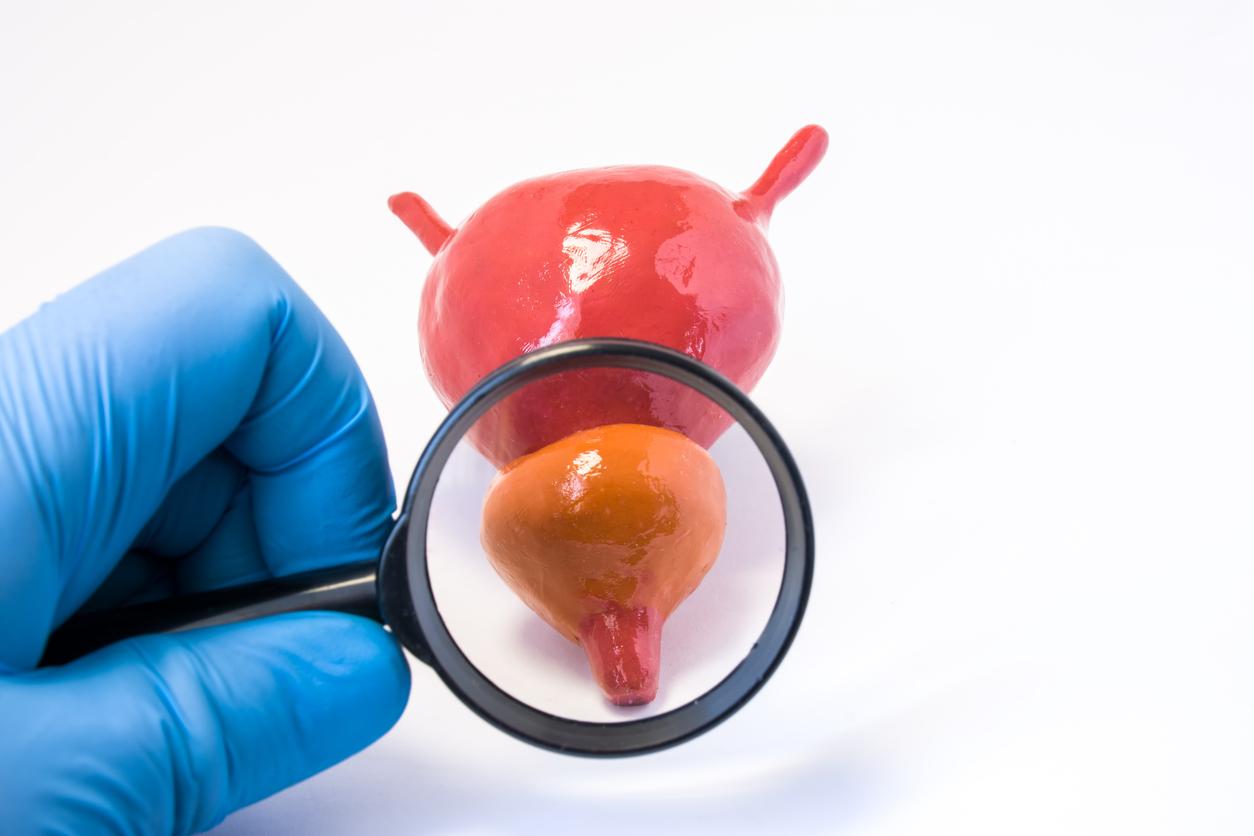The recognition of this cancer as an occupational disease is one of the consequences of the affair of chlordecone, a pesticide widely and long used in banana farms in Martinique and Guadeloupe.

- The link between exposure to pesticides and the risk of prostate cancer was documented in July 2021 by an ANSES report
- The recognition of this cancer as an occupational disease would concern the entire agricultural world.
The link between exposure to pesticides and prostate cancer, documented in July 2021 by ANSES, should lead before the end of the year to the recognition of this cancer as an occupational disease for French farmers. This was announced on Sunday November 28 by the Minister of Agriculture, Julien Denormandie. A decision that should cost 92 million euros.
If it must concern the whole of the agricultural world, farmers, agricultural workers, winegrowers or employees of cooperatives, this recognition of prostate cancer as an occupational disease is particularly aimed at the victims of chlordecone. This pesticide product has been widely used for several decades in the French West Indies (Martinique and Guadeloupe). It is designated as probable responsible for an exceptional rate of prostate cancer in this region.
A decision already mentioned in October 2021
“We are going in the direction of the indications given by the President of the Republic on greater recognition of occupational diseases”, specified the minister last October in response to the environmentalist senator Joël Labbé who, as Le Figaro then recalled, asked that people can benefit from this recognition “when they have been in contact for five years with an environment in which we find pesticides and that this recognition concerns the last 40 years”. These criteria, according to this senator, concern 40,000 files.

.

















